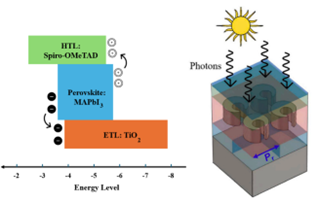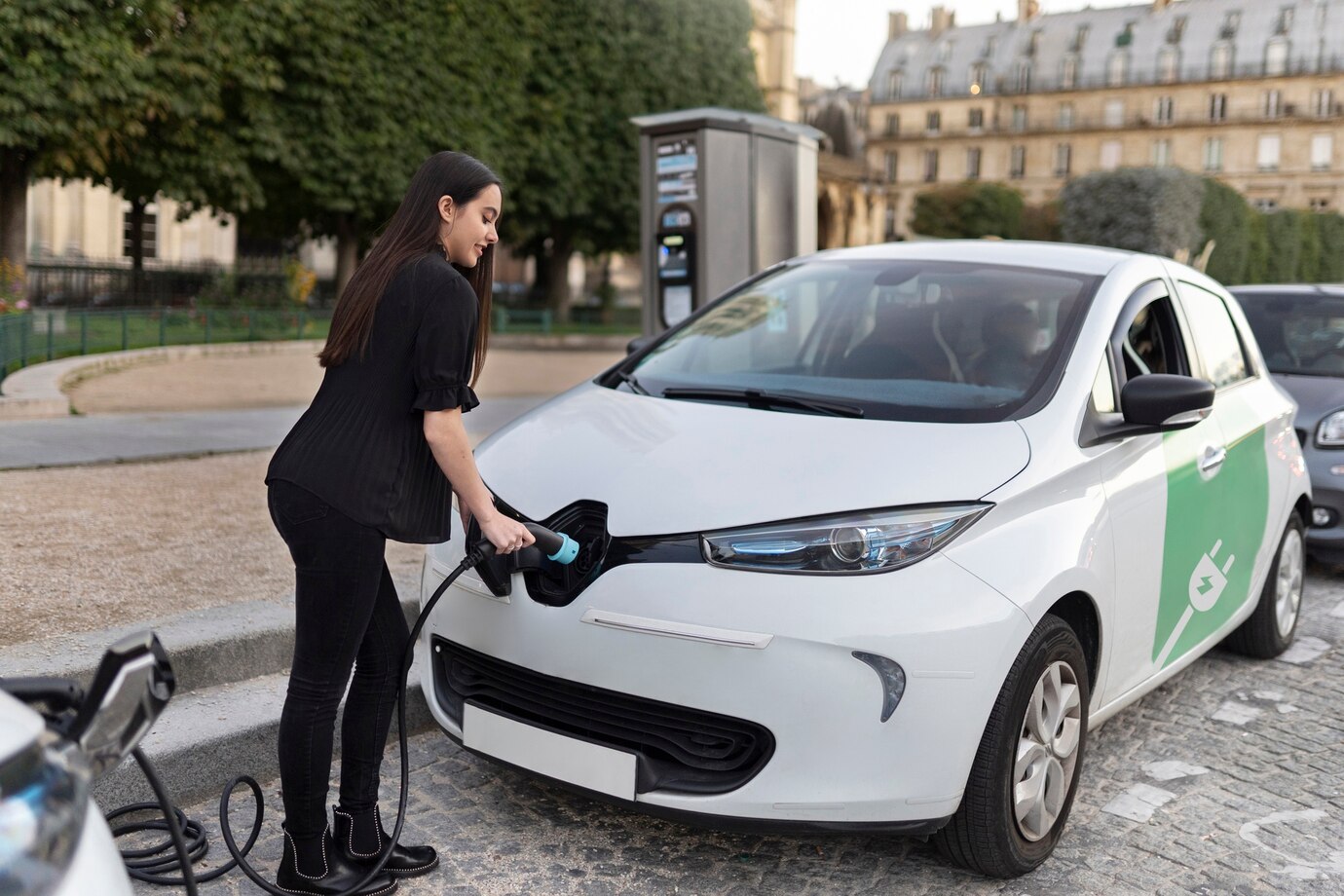Research Project

Research Project
Optical Nano-antennas for Photovoltaic and Infra-red Sensing Applications
Objectives: The main objectives of the project are listed below: Developing new plasmonic nano structures along with proposing new array topologies by considering uniform distribution, 2D or 3D linear and gaussian distributions. Also, the proposed work aims at investigating the passivation effect of the nanoparticles by surrounding it with a thin layer of silica. Testing different metaheuristics

Research Project
Valorization of Shrimp shells and Agricultural Wastes for Sustainable Biopolymer-Based Packaging Solutions
Abstract This research project focused on the valorization of shrimp shell and agricultural waste materials, such as rice straw, for the development of sustainable biopolymer-based packaging solutions. The key objectives were to extract and optimize chitosan and other biopolymers from shrimp shells, and to reinforce these materials with chitin fibers and whiskers for enhanced mechanical and

Research Project
Using Piezoelectric textile insets to analyse working environment ergonomics
Abstract "The working environment is usually assessed through ergonomic analyses to determine the fatigue level of the labors subjected to long work. The CAD software helps in this field by using the built-in manikin that can be manipulated to reach the different gestures that the labor may show during the working day and determine fatigue levels through the RULA and REBA analyses. The utilization

Research Project
Piezoelectric energy harvesting in renewable energy applications, mathematical foundation, and implementation.
Abstract In the present project, we develop a novel mathematical model for a hybrid piezo-BWT energy harvesting that will be coded, implemented, and tested through the project lifetime. This goal can be achieved in six phases that are described in the present section. Fund STDF

Research Project
One-dimensional nonlinear model of generalized thermo-electro elasticity.
Abstract We investigate a one-dimensional nonlinear model of thermo-electroelasticity in extended thermodynamics and quasi-electrostatic regime, with thermal conductivity and relaxation time dependent on temperature and heat flux. The aim is to assess the effect of quadratic nonlinear couplings between mechanical, thermal, and electric fields, known to impact solution stability. Two wave

Research Project
Novel Concept-based Image Captioning Models using LSTM and Multi-Encoder Transformer Architecture
Abstract Captioning images involves using vision and language models to describe images concisely. Successful captioning requires extracting key information, including the image's topic. While state-of-the-art methods use topic modeling on caption text, this lacks consideration of the image's semantic information. Concept modeling, which extracts concepts directly from images and caption text, can

Research Project
Electric Vehicles Utilization for Freight Transportation in Egypt: Opportunities and Challenges
Abstract This paper aimed at addressing and examining the major opportunities and challenging facing relevant stakeholders to utilize electric vehicles (EVs) for freight transportation. Through PESTEL analysis and stakeholders’ questionnaire, we were able to understand the governmental effort done so far and understand the stakeholders’ needs and potential to shift towards EV trucks for freight

Research Project
Optimization of Fuzzy Electric Vehicle Routing Problem
Abstract This research project addresses the electric vehicle routing problem with fuzzy demands, soft time windows, and fuzzy real-time traffic conditions. A mixed-integer programming model was developed, and a two-phase solution approach was proposed. The first phase examined the effect of recharging, while the second phase studied the impact of real-time traffic conditions. To overcome the

Research Project
Sate flow modelling and Control of Home Appliance
Abstract Modern home appliances are designed to be intelligent, performing complex activities to make our lives easier. However, unexpected failures, such as error codes in automatic washing machines, can be confusing for users. Discrete event models can be used to improve the prediction of appliance behavior and avoid this scenario. These models can help identify the root cause of the error
